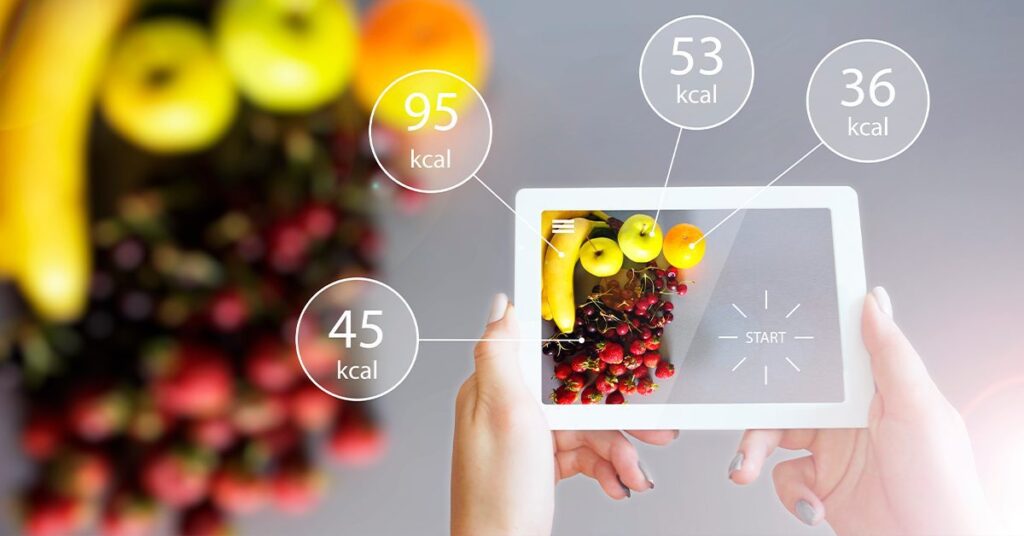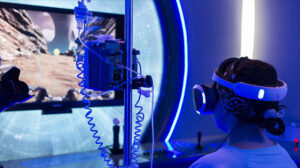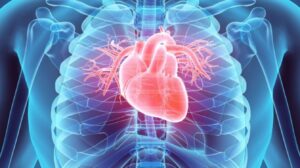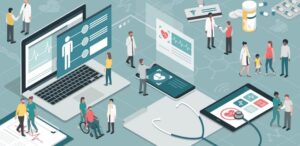Nutrition and new technologies: how these technological developments are driving the industry forward

Nutrition is a necessary field for human well-being. In recent years, significant advances have been made thanks to new technologies and Artificial Intelligence. These are transforming the way we plan, monitor and improve our nutrition. AI collaborates by identifying connections and patterns that go unnoticed by the human eye. Technology, in these cases, is able to analyze factors such as: nutritional components, amount of calories, and, thanks to algorithms, food routines can be built according to the nutrition required by the patient.
Diet Customization
Artificial intelligence plays a key role in the personalization of diets. This is one of the most notable advances in the field of nutrition. By having a more thorough analysis of biometric data such as age, gender, height, weight and activity levels, the design of dietary plans can reach a level of exact specificity for each individual. Many applications collaborate with records of caloric and nutrient intakes, making it easier to make informed decisions about the meals consumed.
Nutrient Monitoring Apps
These apps are concrete examples of how technology is transforming nutrition. They allow patients to scan nutritional value charts on products for instant information. Some apps even offer personalized advice based on the recommended daily intake of nutrients.
Some example cases of applications which collaborate in the nutritional follow-up of patients are:
Yazio, to provide detailed tracking of nutrient intake and personalized meal plans; Nutrino, offering personalized food recommendations based on individual preferences and objectives; Fitbit, which not only tracks physical activity, but has a food logging function to help maintain a balance.
Food Trend Prediction
Artificial Intelligence is also used to analyze large amounts of data and predict trends. This supports food companies and restaurants to anticipate product demand, which could lead to a greater variety of healthy options on the market.
Food Research and Development
New technologies have become a fundamental tool for food research and development. Food engineers, researchers and scientists can use AI-based algorithms to design healthier and more sustainable foods, optimizing ingredient formulation for more nutritious results.
Detection of food allergies and sensitivities
Artificial intelligence can also be harnessed to improve the detection of allergies and sensitivities. Through analysis of medical data and symptoms, it will be possible to identify potential food triggers and provide patient-specific recommendations and diets.
These are some of the examples that reflect the development that new technologies and artificial intelligence have enabled in the field of nutrition. There are some more, such as telemedicine and nutritional counseling and helping to reduce food waste. Undoubtedly, these innovations are improving the quality of life of many people in terms of promoting healthier and more appropriate eating habits for each patient.





